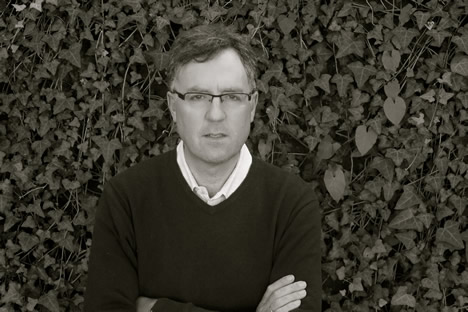Starting February... first ACS Catalysis of 2024 year is hot off the press. And it's OA, have a look at it!
02/09/2024We are really pleased to announce here that our research article at ACS catal., entitled "Iridium-Catalyzed Tandem Dehydrogenation/Hydroarylation Approach to Synthetically Versatile C2-Alkenyl N–H Indoles" and authored by C. Lázaro-Milla, J. L. Mascareñas and F. López, has been accepted and it's already on-line (gold Open Access).
Abstract: Readily available N-carbamoyl indolines can be converted into highly valuable 2-alkenyl and 2-alkyl indoles in a one-pot reaction, through an autotandem catalytic cascade promoted by an iridium complex. The process entails a dehydrogenation reaction initiated by an iridium-promoted C(sp3)–H activation, the addition of the resulting indole to an alkyne -or alkene-partner, and a spontaneous loss of the carbamoyl directing group. Interestingly, the resulting C2-alkenyl indoles can participate in a variety of metal-catalyzed annulations initiated by C–H activation, including formal [4 + 1] and [4 + 2] cycloadditions, as well as cross-dehydrogenative cyclizations, thus enabling a divergent access to a collection of functionally rich nitrogen-containing heterocycles.
External link: https://pubs.acs.org/doi/10.1021/acscatal.3c05841






